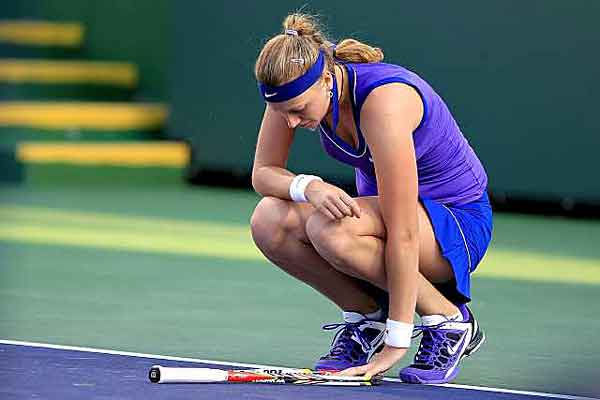Blame the media is a routine strategy for politicians and scientists (no difference when speaking on the public stage) but one that is rarely valid.
Except most media these days opts for puppy-eyed compliance rather than critical questions.
Dr. Rainer Wessel, director of the CI3 excellence cluster of the German Rhein-Mainz region, managed to keep a straight face as he told an audience in Berlin last week that the death toll in  the E. coli O104 outbreak in sprouts last year that killed 53 was “minimal” and paled in comparison to the daily death toll of car accidents.
the E. coli O104 outbreak in sprouts last year that killed 53 was “minimal” and paled in comparison to the daily death toll of car accidents.
Risk comparisons are risky.
Because only 53 people died, Wessel viewed the reaction of the public health surveillance system as a success, adding, “Biological threats are complicated. The machine was working pretty well, even if some reactions were slow.” But this can be improved, it depends how much society wants to invest in it.
Maybe something was lost in translation.
According to the Future Challenges website, Wessel argued the media played a big role in frightening the population and creating a unnecessary outburst in society.
“The media are also enterprises, they have to sell too.”
Wessel didn’t mention that during two weeks the public received contradictory information, which wasn’t invented by journalists, but given by government officials.
On the 22th of May 2011, German health authorities said: “Clearly, we are faced with an unusual situation“ and didn’t deliver further information on the origin of the outbreak.
On the 25th, the Health Minister of Hamburg Cornelia Storck declared that the disease was carried by Spanish cucumbers. The German federal government withdrew them from the market causing €51 million in losses to Spanish agriculture, according to the Spanish environment minister. After some tests, the cucumbers were invalidated as the source of the epidemic.
On the 4th of June, German officials alleged that a restaurant in Lübeck, North Germany, was the starting point of the outbreak.
On the 5th, officials pointed to a farm in Lower Saxony being the source of the epidemic, an information that was invalidated and then finally confirmed again on the 10th of the same month.
Wessel maintains that the press should be better informed, which is always good. In case of risk, the Robert-Koch-Institut, the German official health surveillance agency, should receive funding for a small press room in order to give correct information and respond to the questions of journalists, “to avoid that a second or third grade scientist gets interviewed on a local level.”
